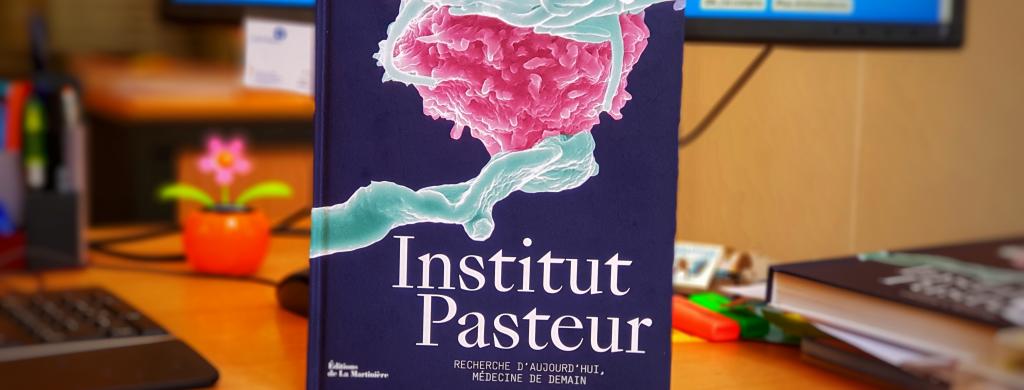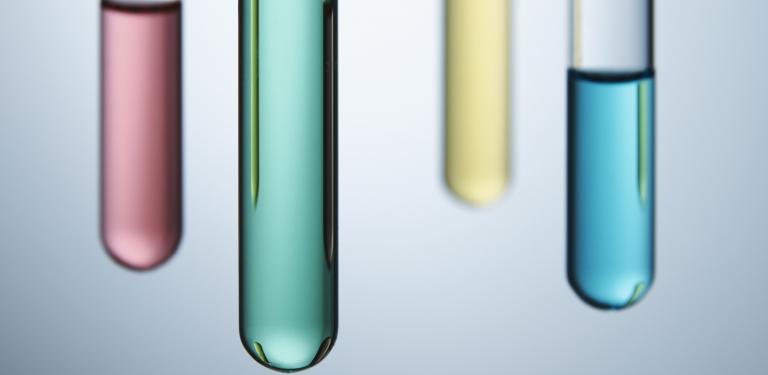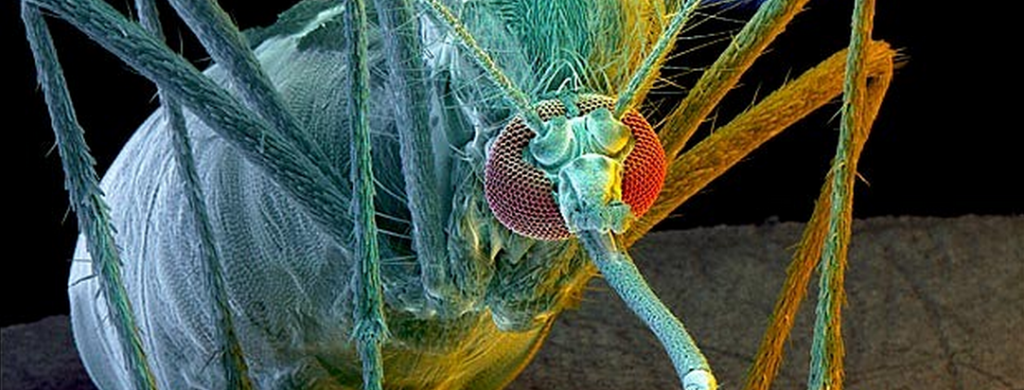 130TH ANNIVERSARY
130TH ANNIVERSARYFree copy of the book "Institut Pasteur: Today's Research, Tomorrow's Medicine" for all staff to celebrate the Institut Pasteur's 130th anniversary
The Institut Pasteur is delighted to offer all Institut Pasteur staff currently working on campus (employees, Orex, interns and guest researchers) a copy of the book "Institut Pasteur, recherche d'aujourd'hui, médecine de demain"/"Institut Pasteur: Today's Research, Tomorrow's Medicine", published by Editions de La Martinière/Abrams. This illustrated volume, accessible ...
 News
NewsInsect vectors: a mosquito capable of limiting viral infection
There are over a hundred mosquito-borne diseases, including dengue – which affects over 50 million people each year – and chikungunya. These are arboviruses, in other words viruses that are transmitted between vertebrates via a bite from a hematophagous vector. Scientists at the Institut Pasteur have developed a mosquito that can recognize the dengue and chikungunya viruses and limit viral ...
 education
educationRegister for the 2018 "Introduction to R" course
From March 19 to 23, the Institut Pasteur will be offering an "Introduction to R" training course. The aim is to present the R programming language, especially how to import, manipulate and export your data. The course will also show you how to describe data using basic statistics and graphs. R is a free environment and programming language that can be used to perform many different types ...
 Funding
FundingNews - February 9, 2018
Focus on: Launch of the 2018 call for proposals by the ELICIT DIM ("Empowering Life Sciences with Innovative Technologies" Field of Major Interest) The ELICIT DIM is launching its 2018 call for proposals. The 2018 call is designed to support collaborative interdisciplinary research projects: - first applications of new technologies or innovative instruments for Biology; - implementation of ...











